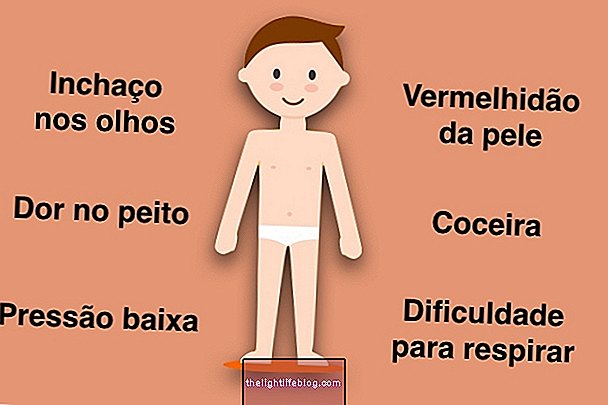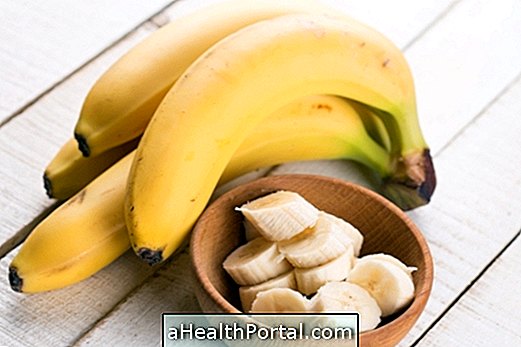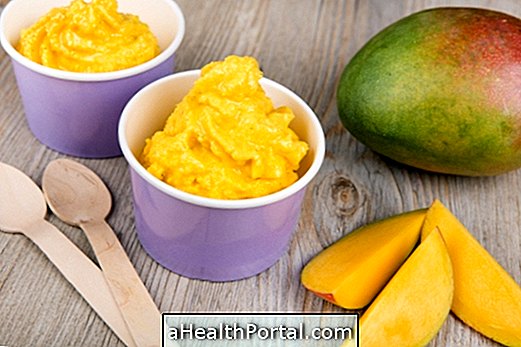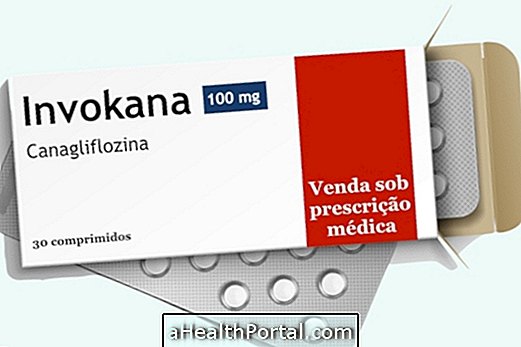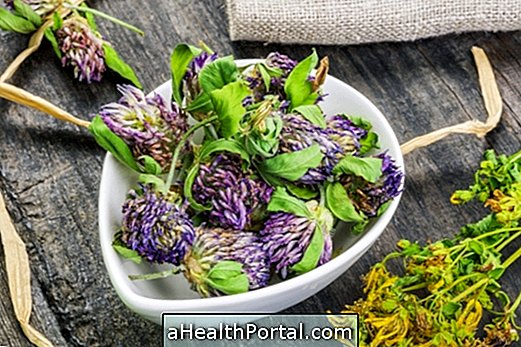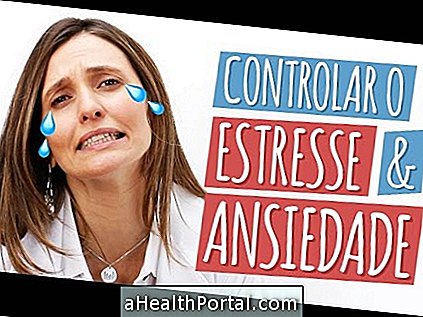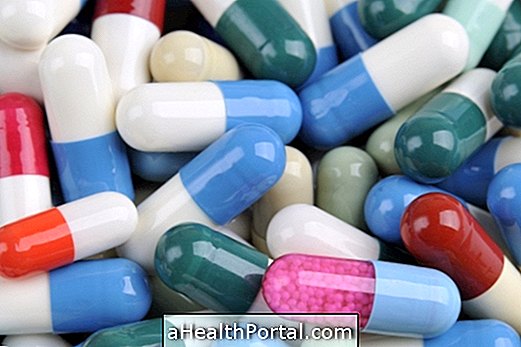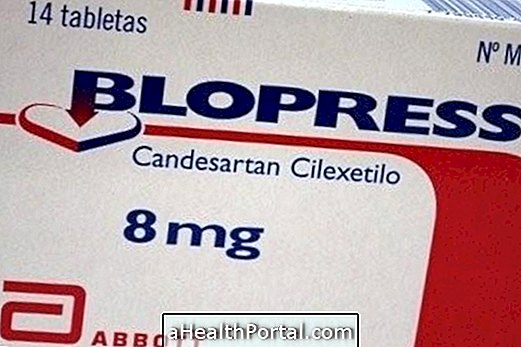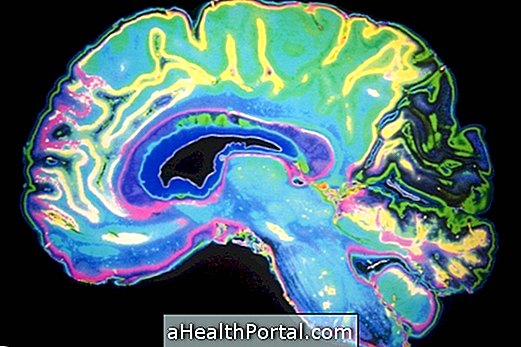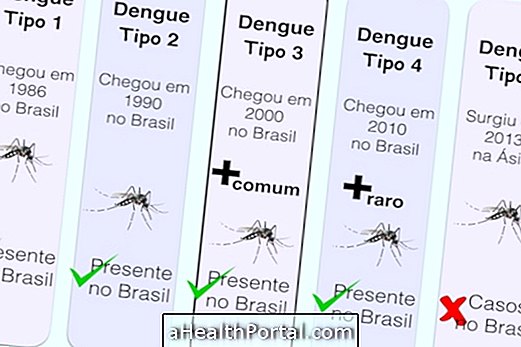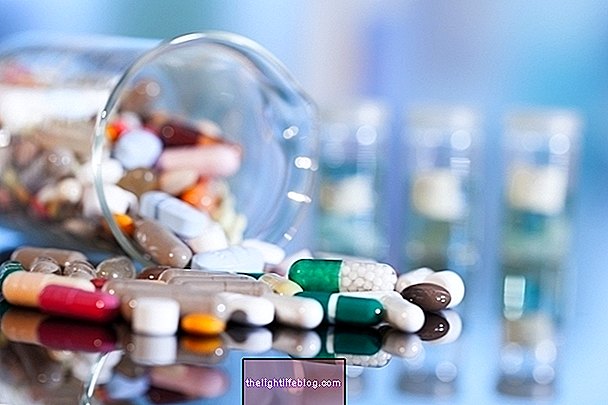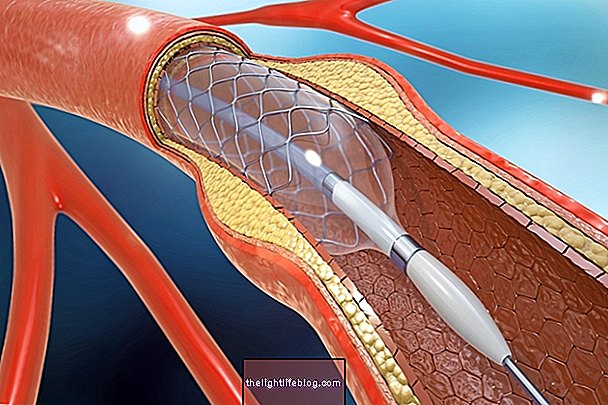Molybdenum is an important mineral in protein metabolism. This micronutrient can be found in unfiltered water, in milk, beans, peas, cheese, green leafy vegetables, beans, bread and cereals, and is very important for the proper functioning of the human body because without it, sulfites and toxins accumulate increasing the risk of disease, including cancer.
Where to find
Molybdenum is found in the soil and passes to the plants, so by consuming the plants we are indirectly consuming this mineral. The same happens when consuming the meat of animals that feed on plants, such as the ox and the cow, mainly parts such as the liver and kidneys.
Thus, the deficiency of molybdenum is very rare because our needs for this mineral are easily met through regular food. But it can occur in cases of prolonged malnutrition, and symptoms include increased heart rate, difficulty breathing, nausea, vomiting, disorientation and even coma. On the other hand, excess molybdenum can promote an increase in the concentration of uric acid in the blood and joint pain.

What is molybdenum used for
Molybdenum is responsible for healthy metabolism. It helps protect cells and is useful for eliminating toxins from the body, which helps to combat premature aging and prevent inflammatory and metabolic diseases, as well as cancer, especially cancerous tumors in the blood.
This is because molybdenum activates enzymes that have an antioxidant role in the blood, working by reacting with free radicals, which adhere to healthy cells, leading to decreased cell function and the destruction of the cell itself. Thus, with the help of antioxidants, free radicals become neutral and do not harm healthy cells.
Molybdenum recommendation
The recommended daily dose of molybdenum is 45 micrograms of molybdenum for a healthy adult, and during pregnancy 50 micrograms is recommended. Doses greater than 2000 micrograms of molybdenum can be toxic, causing symptoms similar to gout, organ damage, neurological dysfunction, deficiencies in other minerals, or even seizures. In a regular diet it is possible to reach the recommended daily dose, and the overdose
Was this information helpful?
Yes No
Your opinion is important! Write here how we can improve our text:
Any questions? Click here to be answered.
Email in which you want to receive a reply:
Check the confirmation email we sent you.
Your name:
Reason for visit:
--- Choose your reason --- DiseaseLive betterHelp another personGain knowledge
Are you a health professional?
NoMedicalPharmaceuticalsNurseNutritionistBiomedicalPhysiotherapistBeauticianOther


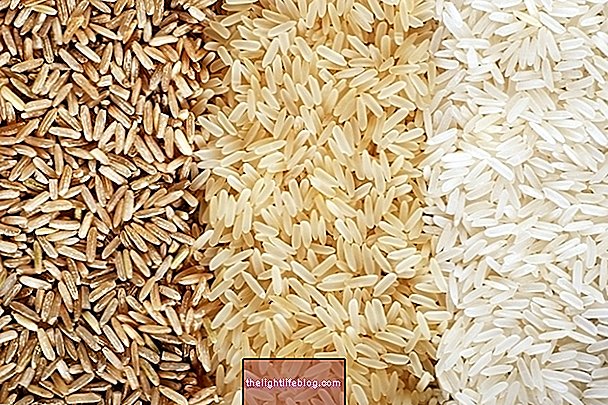
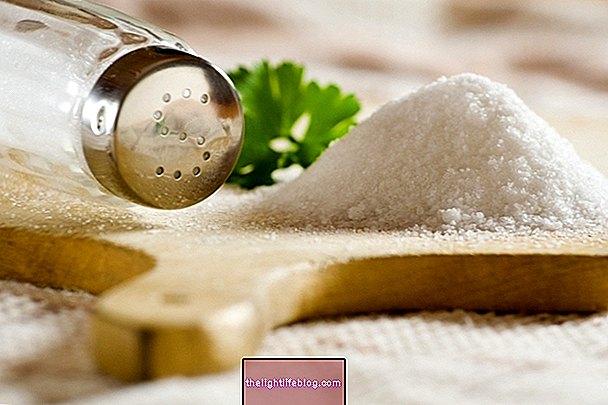

.jpg)

